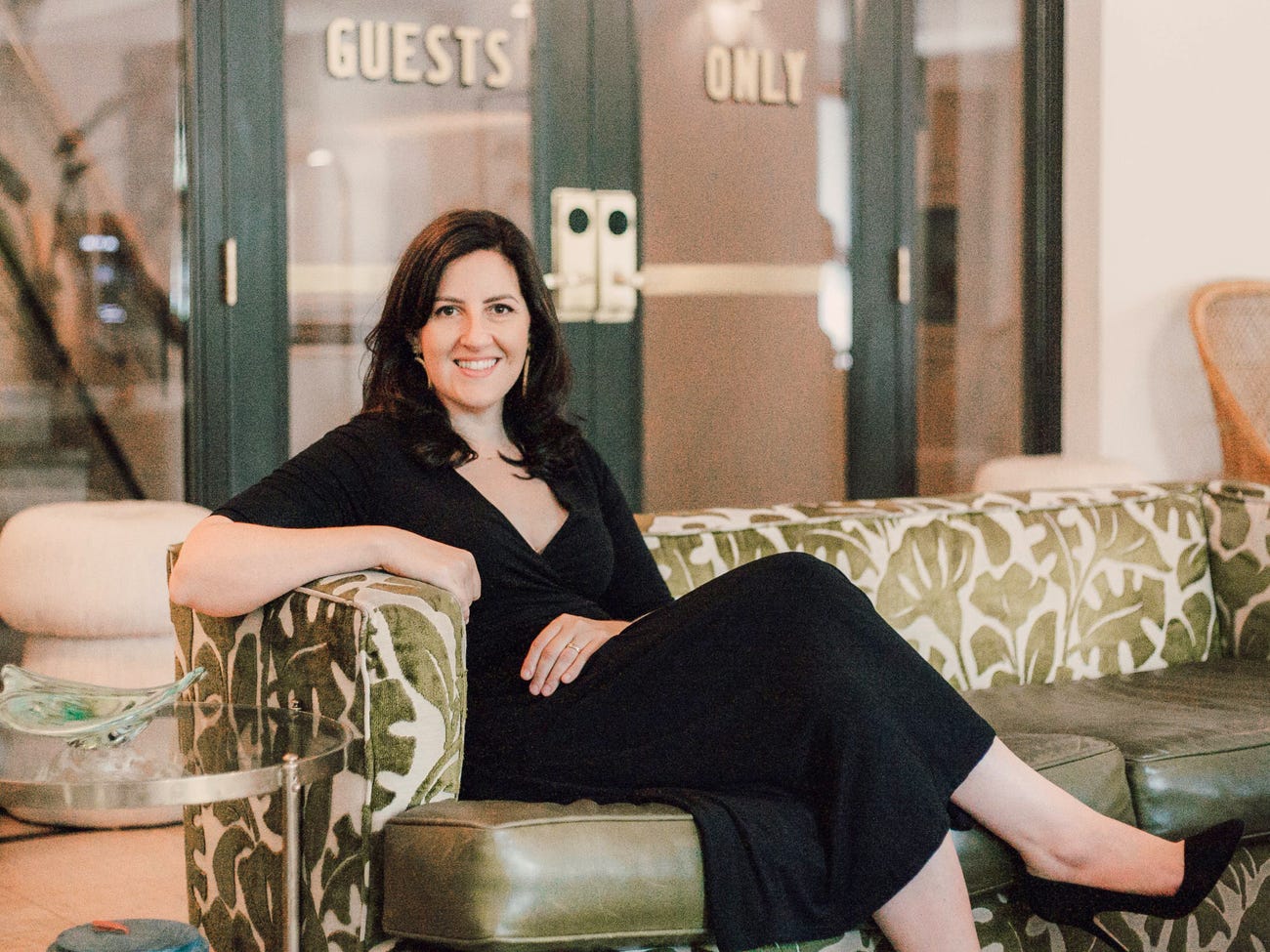Originally published on Business Insider by Stephanie Nadi Olson, November 17, 2020
As the daughter of a Palestinian refugee, Stephanie Nadi Olson says she has always identified with marginalized or underrepresented groups of people. From a young age she volunteered with refugees, even as she built a career in advertising sales with brands like Microsoft, Disney, and Bank of America.
After 13 years in the industry, something was still missing. Olson was watching her profession lose talent as friends and colleagues decided that living in a major city or working 60-hour weeks wasn’t for them.
Between industry problems with diversity, according to a survey conducted by Digiday, and a national epidemic of burnout, according to the American Institute of Stress, workers are increasingly opting for independence. A recent report from the freelancing platform Upwork found that more than 35% of Americans were freelancers, and last year they earned nearly $1 trillion.
Olson knew from experience just how much potential is missed when people don’t feel at home in their company’s culture. “There are so many people that are longing for a sense of belonging in this industry,” she said.
She calls them “corporate refugees,” and she has a solution.
Working from home, or anywhere else, comes with challenges
Olson founded We Are Rosie to help ad agencies find much-needed talent and to improve the careers of freelancers. So far, it appears to be working. The Atlanta-based company is on track to earn more than $5 million in its first calendar year of business.
Most of We Are Rosie’s clients don’t allow Olson to publicize their names, but she can say the list includes 20 Fortune 500 firms and nationally recognized brands.
Olson’s network now boasts more than 2,300 freelancers across 41 US states, and the company has satellite offices in the major tech and marketing hubs on both coasts.
After a freelancer applies and is matched with a client, assignments usually last a month or more at 20 to 40 hours a week. The work varies and includes brand strategy, copywriting, and analytics.
Olson said some clients needed a bit of persuading to work with a team that is neither in-house nor in the same time zone, but the results are helping her case.
“It’s a vast leap for these brands to see that we are able to offer this really high caliber of talent,” Olson said. “Also that our talent is happier and less stressed, and that they do better work.”
Solving the 2 biggest challenges for freelancers
We Are Rosie’s client portfolio generates a steady flow of high-quality commissions for national brands, allowing freelancers to focus on the work at hand rather than where the next one is coming from.
Agencies get a bespoke match with a creative professional. The pricing is for serious bidders only: The project minimum for companies is $10,000 a month.
“If you’re not accessing talent that’s working in an independent way, you no longer have access to a world-class organization,” Olson said.
As Rosie members do longer projects with the service, they become eligible for several perks that are designed to further simplify their freelance business.
The first perk is often overlooked by those with full-time jobs: predictable income.
We Are Rosie helps with this by negotiating quicker payment turnarounds with its clients and ensures that its freelancers are paid weekly, even on the platform’s dime.
“If you take care of the people who care for your customers, everything else solves itself,” Olson said, “even if it costs you more money in the short term.”
Olson partnered with another staffing agency to extend its benefits to Rosie freelancers. As of September, any Rosie freelancer who takes on a 60-day project is eligible for a benefits package that includes health insurance and retirement accounts.
A purpose-driven business
Olson said she was tired of waiting for large companies to make meaningful improvements with inclusion, so she’s charging ahead to demonstrate the business sense of diversity. She is confident that We Are Rosie’s economic results will bear out her argument.
“We Are Rosie talent can go toe-to-toe with Accenture, McKinsey, and some of the biggest marketing companies in the world because we have access to this really rich tapestry of talent,” she said.
Though the company’s name may call to mind the iconic Rosie the Riveter, Olson said that wasn’t her intent. Her youngest daughter’s middle name is Rose. “We call her Rosie,” Olson said, “and it’s just a very personal kind of business name, so I can remember: If I can do my job really well, then my daughters will have better access in the future.”
Olson often uses the word revolution to describe her mission with the platform, and a new survey by Deloitte suggests she’s on to something. Half of millennial and Gen Z respondents said they would leave their job within two years if they had a choice, up from 38% in 2017.
A majority cited issues like work-life balance, flexible scheduling, and inclusivity as reasons they would leave, and more than four in five would be willing to freelance.
If those trends continue, Olson will have quite an army.
